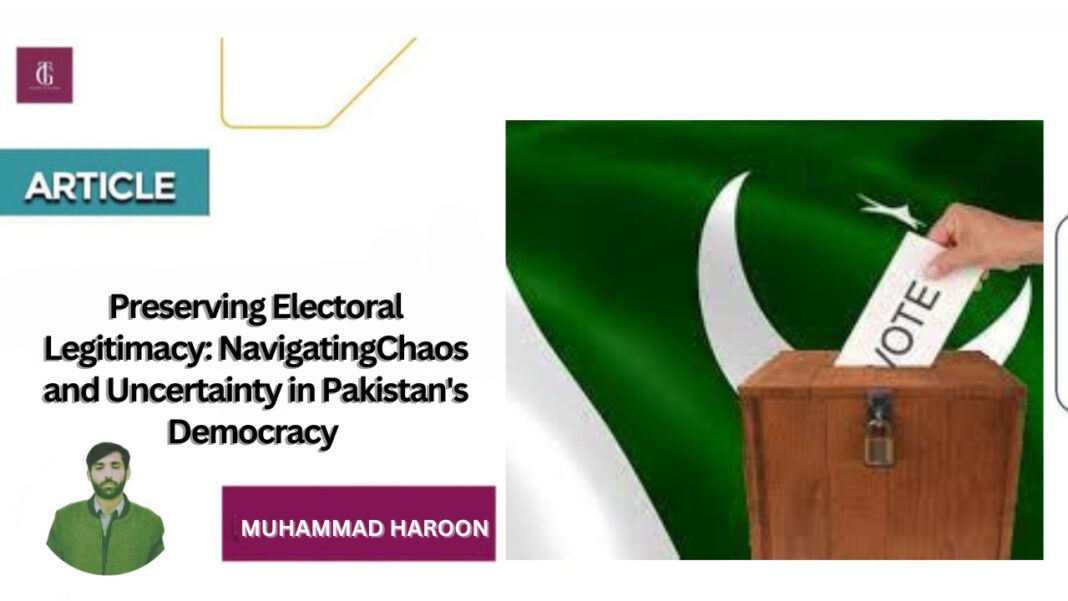The Turkish election appears to be heading toward a run-off poll after a close race, with neither candidate achieving 50 percent of the vote. Recep Tayyip Erdogan, one of the candidates, established the presidential system’s electoral rules when he was Turkish prime minister (and later president). The second round of voting will take place on May 28. Turkey’s future is in jeopardy until then. The nation, which has experienced a significant disaster this year, will not know its future for at least two more weeks. Erdogan received 49.5 percent of the vote in the most recent round, while the opposition parties received 44.89 percent.
The election in Turkey is just one of many tests for global electoral institutions. A significant portion of the global population is confronted with difficult choices at the ballot box as a result of the global economy being in a state of flux, the conflict that appears to be unstoppable between Russia and Ukraine, the growing threats posed by climate change, and the economic difficulties that have arisen post-Covid. Indeed, even past the genuine decisions among gatherings and up-and-comers, the actual idea of majority rule establishments gives off an impression of being referred to.
For instance, in the United States, where democracy was once thought to be unbreakable, concerns about voting machines, the allegiances of electoral officials, and corruption revelations involving supreme court judges point to major issues in the future.
This is because the rules and procedures for voting determine the legitimacy of elections. The elected representatives of a nation are regarded as legitimate and rightful rulers and lawmakers when the public believes that the polls are fair.
The most recent presidential election in the United States provided one illustration of how elections can lose the support of large segments of the population. The way that previous president Donald Trump didn’t acknowledge the political decision results and that he and his supporters keep on accepting that the political decision was ‘taken’ from them means an emergency of authenticity that will be hard to determine in any event, when the following electing cycle starts.
Dominion, the manufacturer of voting machines, recently filed a lawsuit against pro-Trump Fox News for claiming that its poll equipment had rigged the 2020 elections by stealing Trump’s votes. This represented a modest victory against the power of losers who are challenging the legitimacy of the polls. In what is believed to be the largest settlement in a public defamation case in the United States, Fox News agreed to pay nearly $8 million. The verdict in the civil trial agreed with Dominion that the claims made by the news outlet were incorrect. In making them, they were found to have stigmatized Territory.
This doesn’t imply that the authenticity emergency in perhaps of the most progressive majority rules system on the planet has been settled. In the United States, millions of Trump supporters persist in their belief that Trump was the actual winner of the election. When the next election cycle begins, this belief is very likely to cause a lot of upheaval. Not only is there a possibility that supporters of Trump will disrupt the process, but there is also a possibility that the near-coup attempt on January 6, 2021, which occurred if Trump, who is likely to win the Republican nomination again, loses, will be repeated. When you add in the recent revelations regarding the alleged manipulation of a US supreme court justice’s political connections, you have a crisis that is almost certain to occur.
Even though conditions are so dire in advanced democracies, the chaos in our region is even worse and more complicated. At the point when an efficient exchange of force is supplanted by something different, in any event, when it is a no-certainty movement embraced by parliament, the authenticity of the actual framework is brought into question. Another dose of uncertainty is added when the Supreme Court’s decisions and subsequent appeals are factored in. The government’s recent arrest of former Prime Minister Imran Khan and his subsequent release on Supreme Court orders reflect this uncertainty. Yet again monday’s protest (presently canceled) by the PDM outside the High Court further mirrors the continuous pressure and the way that different constituent entertainers are raising doubt about the authenticity of whichever part of government issues choices or mandates against their inclinations.
This suggests that one or more parties will fight against one or more institutions if the outcome at the ballot box does not produce the outcomes they would like. This does not bode well for elections.
Elections and the separation of powers, two of democracy’s most important components, are a delicate dance that requires precision in every step. If not, the steps begin to fall out of order. Pakistanis must also consider how competing parties are likely to change the electoral system itself, if the Turkish context is any indication. Recep Erdogan after all has stayed in power however long he has by undermining the guidelines, quieting and taking out pundits, getting serious about a free media and disintegrating the division of abilities. Given all of this, one might wonder if the Turkish opposition would have won if Erdogan hadn’t orchestrated the state of Turkish democracy.
The volume of allegations and counterarguments will increase as Pakistani elections get closer. Pakistan’s voters must determine, amid the noise, which party or leader is most likely to follow the rules to maintain the election’s legitimacy. A pioneer should consequently have not just a pledge to the government assistance of the nation and its kin yet additionally to keep up with the holiness of the framework through which the person is chosen.






